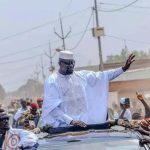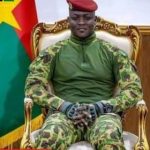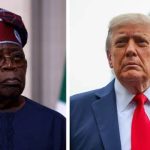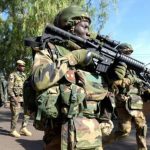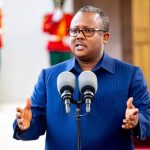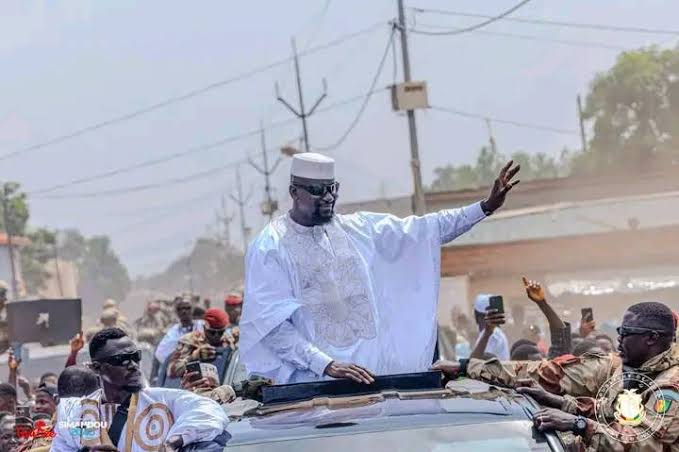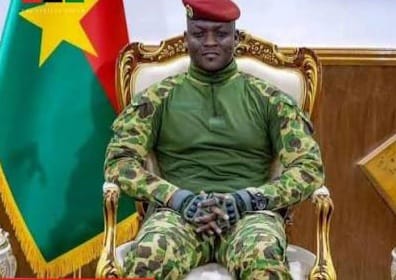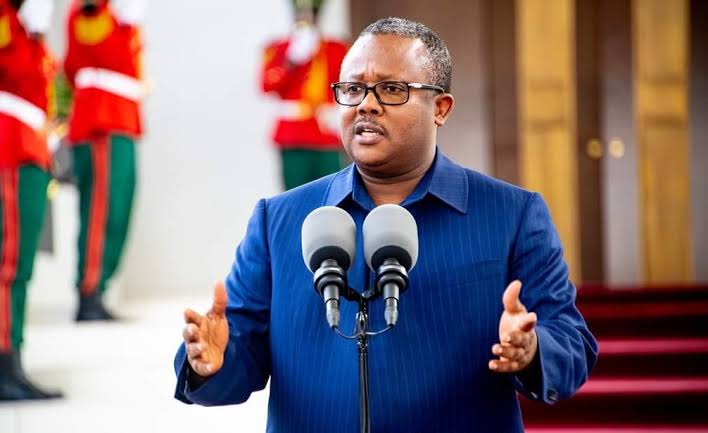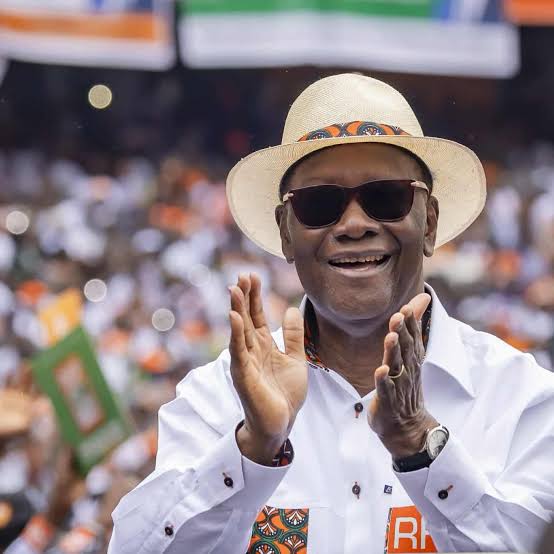It had been predicted by regional and local political analysts that Guinea’s transitional leader, Gen. Mamady Doumbouya, might seek to extend his grip on power beyond the military junta’s rule. Those predictions appear to have materialised as Doumbouya is reported to have officially submitted his candidacy for the presidency to the Supreme Court, as the Dec. 28 elections draw closer.
Doumbouya’s move reflects a strategic playbook that has been visible in several West African states over the years, where military leaders transition from coup plotters to civilian presidents. His candidacy reinforces the authority of the National Committee of Reconciliation and Development (CNRD), the junta he has led since he ousted Alpha Condé on Sept. 5, 2021.
Alpha Condé was removed from power after widespread protests against a disputed 2020 referendum that had allowed him to run for a third term. The referendum extended his tenure but deepened Guinea’s recurring crisis of democratic legitimacy.
This history of authoritarian rule, which spans Sékou Touré’s 26-year regime and Lansana Conté’s coup in 1984, reveals Guinea’s struggle for democratic governance, a struggle disrupted again by the junta’s actions.
Doumbouya, a former French legionnaire, initially promised an 18-month transition, a commitment issued in the 2022 ECOWAS agreement to end the transition by late 2024. Repeated delays, however, have allowed the junta to consolidate power.
A major step was the constitutional referendum on Sept. 21, which officials claimed was approved with 89% of the vote. The Africa Centre for Strategic Studies notes this referendum aims to cement the junta’s grip, validating its rule in spite of widespread opposition boycotts, as claimed by local human rights groups.
The new constitution resets presidential term limits to seven years, renewable once. It expands executive powers by allowing the president to appoint a third of senators, and removes prohibitions against junta members running for office, potentially paving Doumbouya’s path to prolonged rule, critics say.
Drafted in secrecy by the junta’s transitional council, the document faced opposition boycotts due to its lack of legitimacy, with consultations in 2023 and 2024 rejected by civil society.
Assessing Doumbouya’s support is challenging in what appears to be a repressed political space. An Afrobarometer survey, conducted between May and June 2024, found 67% of Guineans believe the country is headed in the wrong direction, 64% oppose military rule, and 70% prefer democracy, with 56% urging a swift return to civilian governance.
The survey also found out that only 1.3% would vote for Doumbouya, compared to 24% for Condé’s Rassemblement du Peuple de Guinée (RPG) and 17% for Cellou Dalein Diallo’s Union des Forces Démocratiques de Guinée (UFDG), reflecting eroding support as many face economic hardship. While GDP per capita rose from $659 in 2010 to $1,245 in 2021, it has stagnated since the coup.
Some Guinean political commentators say this suggests Doumbouya’s candidacy relies on incumbency advantages, bolstered by a politicised anti-corruption court (CRIEF), which allegedly targets opposition figures like Condé’s defence minister, Mohamed Diané, sentenced to five years in 2024, while it ignores mining sector corruption.
The electoral environment heavily favours the junta. The 875 million franc ($100,000) candidacy deposit is a barrier, but there are reports of intimidation. Since 2022, protests have been banned, and over 220 people have been killed for dissent since 2021, according to the Africa Centre.
Opposition leaders face abductions. Saadou Nimaga and FNDC’s Oumar Sylla (Foniké Menguè) remain missing since 2024. There have been widespread reports of Jailings, like Aliou Bah, who got a two-year sentence, and exiles, with opposition figures,Diallo and Sidya Touré’s properties seized in 2022.
The FNDC was dissolved, and major parties like UFDG and RPG were suspended in October 2024, with bank accounts frozen and meetings restricted, extended into the referendum period. Media restrictions, including the closure of stations like Djoma FM since 2024 and the abduction of reporter Habib Marouane Camara in December 2024, limit public awareness of the referendum’s substance.
The junta has financial leverage as well. It controls Guinea’s bauxite reserves, the world’s second-largest producer and key foreign currency source. Pressure on miners to refine locally, noted in 2022, aims to boost revenue, though deals like development of the Simandou iron-ore mine raise transparency concerns.
Guinea draws closer to the December poll with worries that the junta would exercise excessive control over vote counting through military-appointed officials and the new Direction Générale des Élections (DGE), established since June.
There are worries that the conditions that are currently in place suggest a managed outcome. With no clear participation threshold, political watchers warn that the election may validate a militarised political paradigm, risking further instability in a country long shaped by authoritarian rule.

